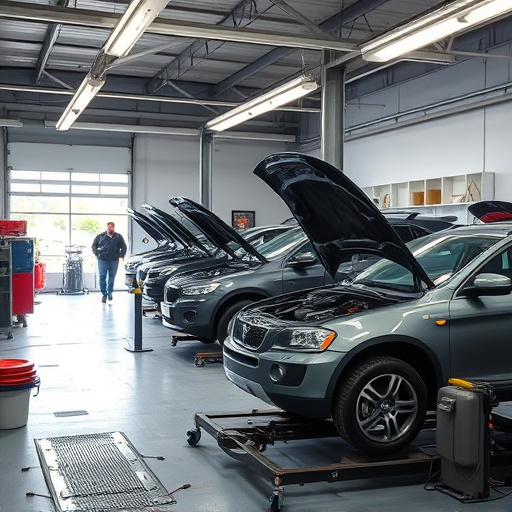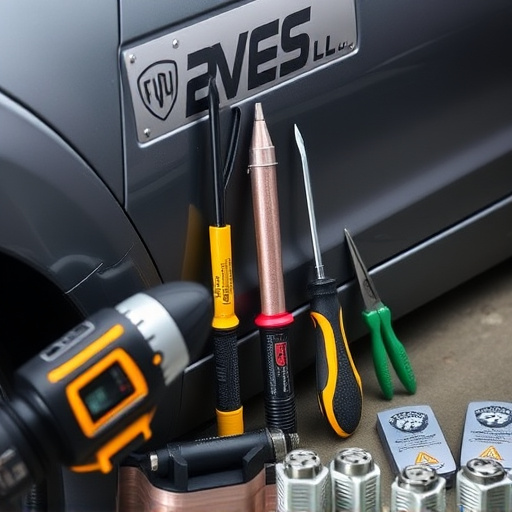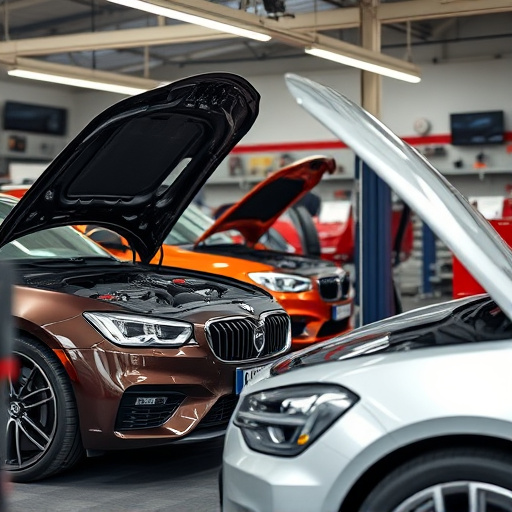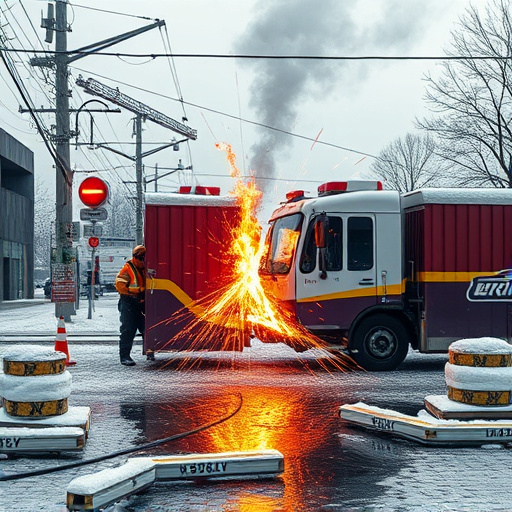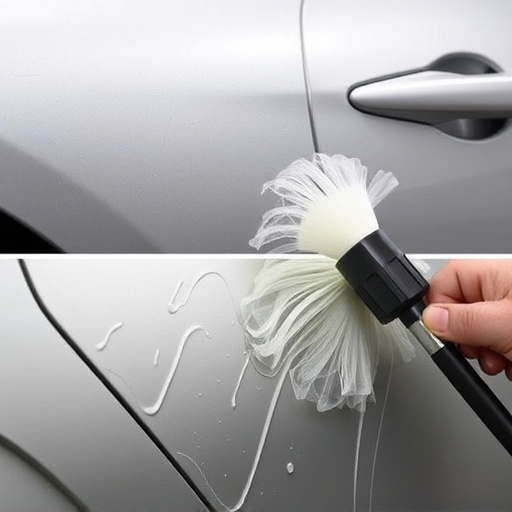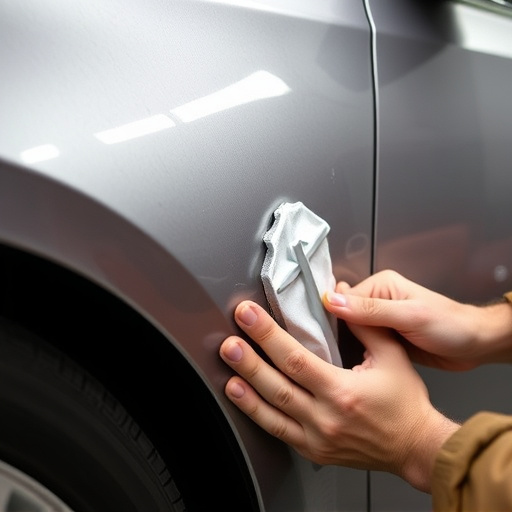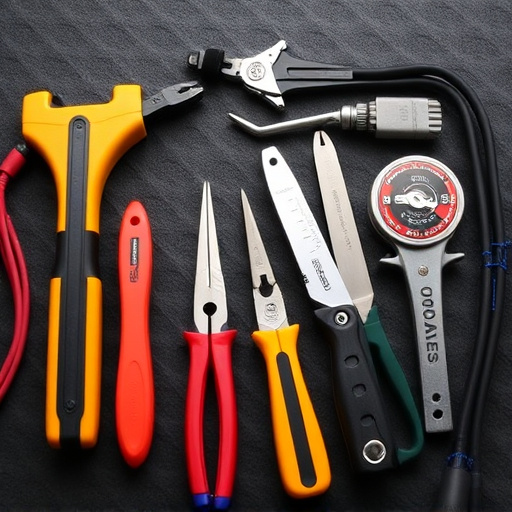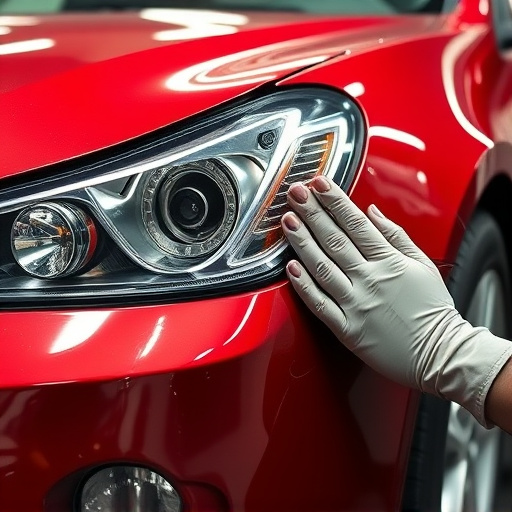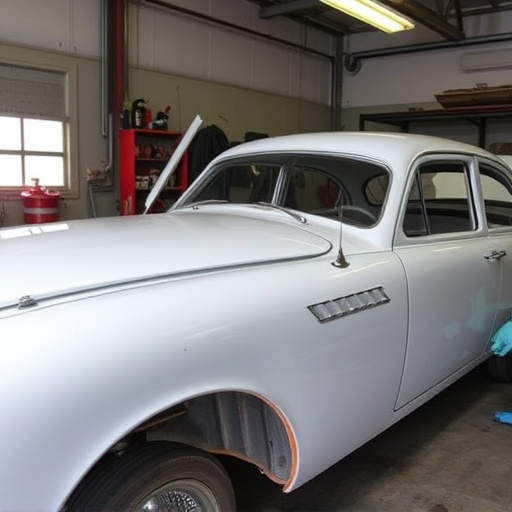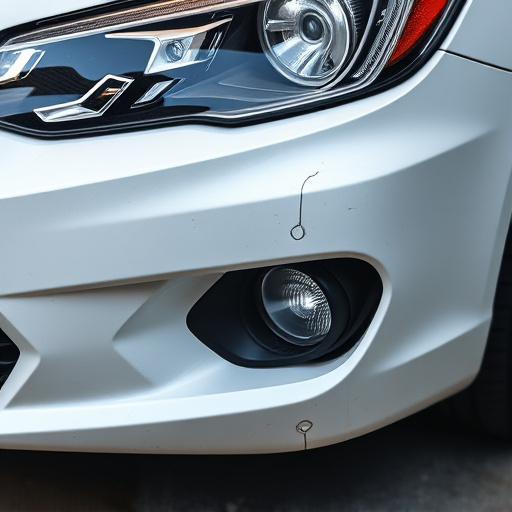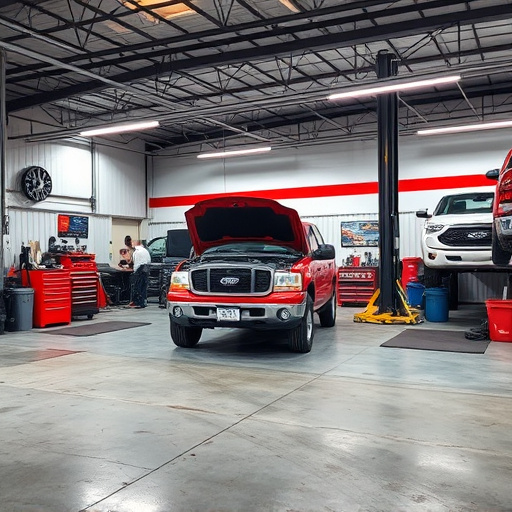The Mercedes rain sensor adjusts wiper speed and headlights based on rainfall. Regular maintenance, including calibration, is vital to ensure accurate responses in varying weather conditions, preventing road hazards. Environmental factors like rainfall intensity, droplet angle, wind speed, and temperature can impact sensitivity, requiring skilled technicians for calibrations using specialized tools to maintain optimal Mercedes rain sensor adjustment for safe driving.
Mercedes rain sensors are integral to enhancing driving safety, automatically adjusting windshield wipers in response to rainfall. However, their accuracy can be affected by various factors, impacting overall vehicle performance. This article delves into understanding the functionality of these sensors and explores environmental conditions that influence their precision. We also highlight the importance of regular calibration and maintenance for optimal Mercedes rain sensor adjustment, ensuring maximum effectiveness during wet weather conditions.
- Understanding Mercedes Rain Sensor Functionality
- Environmental Factors Influencing Accuracy
- Calibration and Maintenance for Optimal Performance
Understanding Mercedes Rain Sensor Functionality

The Mercedes rain sensor is a sophisticated component designed to enhance driving safety by automatically adjusting various settings based on weather conditions. This advanced technology detects rainfall and determines its intensity, which is crucial for optimal vehicle performance during wet weather. The sensor adjusts parameters such as wiper speed and headlights, ensuring drivers have the best possible visibility and control. This automatic adjustment feature is a significant advantage for Mercedes-Benz owners, offering both convenience and enhanced road safety.
Regular auto maintenance plays a vital role in keeping these sensors accurate and reliable. Over time, factors like dust, debris, or even slight misalignments can impact their functionality. That’s why it’s essential to have the rain sensor calibrated during routine car dent repair or mercedes benz collision repair services. By doing so, drivers can ensure that their vehicles respond appropriately in various weather scenarios, preventing potential hazards on the road, much like a dancer’s graceful moves require precision and practice for flawless performances.
Environmental Factors Influencing Accuracy
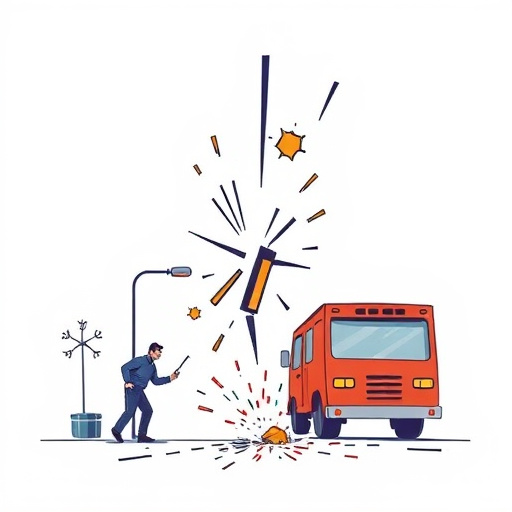
The accuracy of Mercedes rain sensor adjustment is significantly influenced by environmental factors. Rainfall intensity plays a crucial role; sensors may struggle to differentiate between light mist and heavy downpour, leading to imprecise adjustments. Additionally, the angle and direction of rain droplets impact performance. Sensors positioned lower in the vehicle, closer to the ground, often fare better during intense rainfall due to reduced obstruction from overhead elements like sunroofs or windscreens.
Other environmental considerations include wind speed and temperature. Strong winds can disrupt sensor readings, while varying temperatures throughout the day can cause condensation or frost on sensors, affecting their sensitivity. These factors underscore the importance of regular maintenance and calibration for optimal Mercedes rain sensor adjustment, ensuring a smooth driving experience in all weather conditions.
Calibration and Maintenance for Optimal Performance
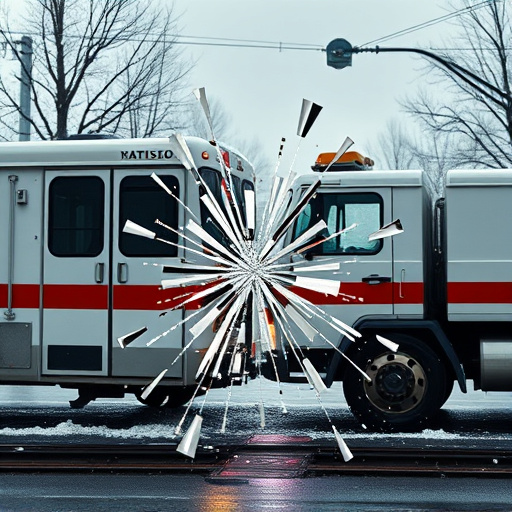
Proper calibration and regular maintenance are vital for ensuring the optimal performance of Mercedes rain sensor adjustment. These sensors play a crucial role in enhancing safety features like automatic wiper activation, preventing accidents caused by reduced visibility during rainy conditions. Over time, environmental factors such as dust, debris, and extreme temperatures can impact the sensitivity and accuracy of the sensors. Therefore, it’s essential to follow recommended maintenance schedules for these systems.
Regular calibration checks and adjustments ensure that the rain sensors remain responsive to varying weather conditions. Skilled auto body repair technicians often perform these calibrations, using specialized tools to optimize sensor performance. Keeping up with collision repair services or routine auto repair services not only ensures the safety of your vehicle but also prevents costly damage from misaligned wipers or failed sensors during heavy downpours.
The accuracy of Mercedes rain sensor adjustment is influenced by various factors, from environmental conditions like dust and humidity to proper calibration and maintenance. By understanding these elements, owners can ensure optimal performance, enhancing safety and driving experience in all weather conditions. Regular checks and adjustments for the Mercedes rain sensor are key to navigating through different environments effectively.
